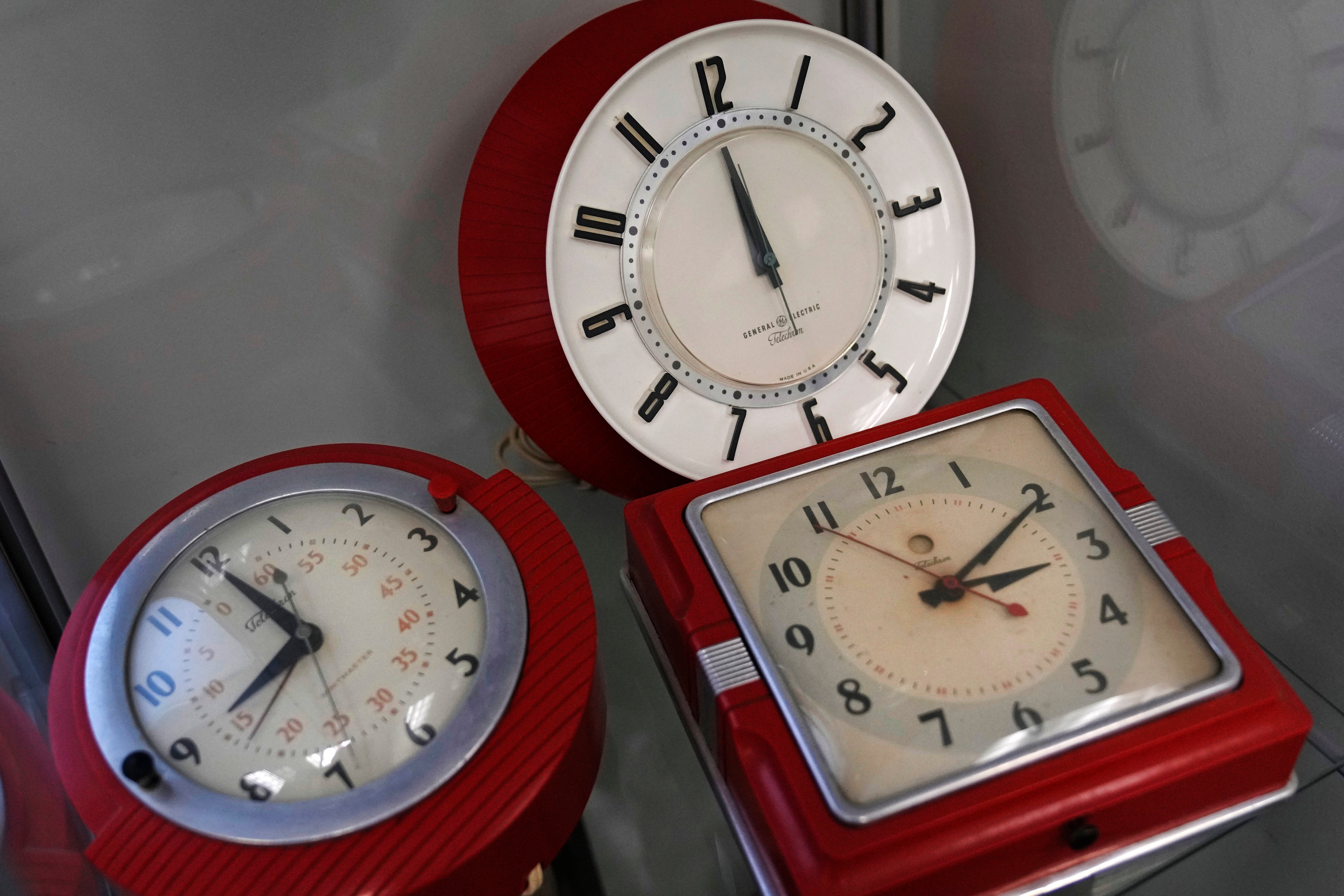Daylight saving 2023: Here’s what a sleep expert says about the time change as clocks change in US
Brunch dates and flag football games might be a little easier to get to this Sunday, when phones grace early-risers with an extra hour of rest before alarm clocks go off

Brunch dates and flag football games might be a little easier to get to this Sunday, when phones grace early-risers with an extra hour of rest before alarm clocks go off.
The downside: Next week across most of the U.S., the sun will set well before many folks step foot out of the office, leaving them to run errands or take walks in utter darkness. Come November 5, daylight saving time is out and standard time is in, and will last until March 10.
No need to wait till midnight hour to prepare for the time change that clocks in early Sunday, when 2 am becomes 1 am. Before bed beckons Saturday night, rewind the clock on the microwave, oven, car, or any other device not yet clever enough to make the leap on its own.
Besides scheduling stumbles and sleep habit disruptions, experts say the twice-yearly ritual can have more serious effects on human health.
Many Americans are already sleep-deprived, and a change in time messes with sleep schedules even more, says Dr. Phyllis Zee, a sleep researcher at Northwestern Medicine in Chicago, although she says “falling back” and gaining an extra hour is generally easier on the body than “springing forward" and losing one.
Chronic sleep deprivation can increase levels of stress hormones that boost heart rate and blood pressure, and of chemicals that trigger inflammation, research suggests.
“Just that one hour can change the amount of sleep you get, the quality of sleep that you get,” Zee said. Off-kilter sleep can affect people's ability to multitask, stay alert, and even maintain their balance, making them more prone to accidents.
Molly Hart, spokeswoman for AAA's Auto Club Group, warned that there may be an uptick in accidents on the road following the time change.
“With daylight savings coming to an end, what people really need to be focused on is their driving now in the afternoon when it’s darker earlier,” and when they may be feeling drowsy, she said.
Hawaii, American Samoa, Guam, Puerto Rico, the U.S. Virgin Islands and most of Arizona do not observe daylight saving time.
Some members of Congress have pushed to end the back-and-forth and make daylight saving time permanent.
The US Senate in March 2022 passed a bipartisan bill named the Sunshine Protection Act, but it stalled in the House. The bill was re-introduced by Sen. Marco Rubio in March of this year, then referred to committee, where it has remained idle.


